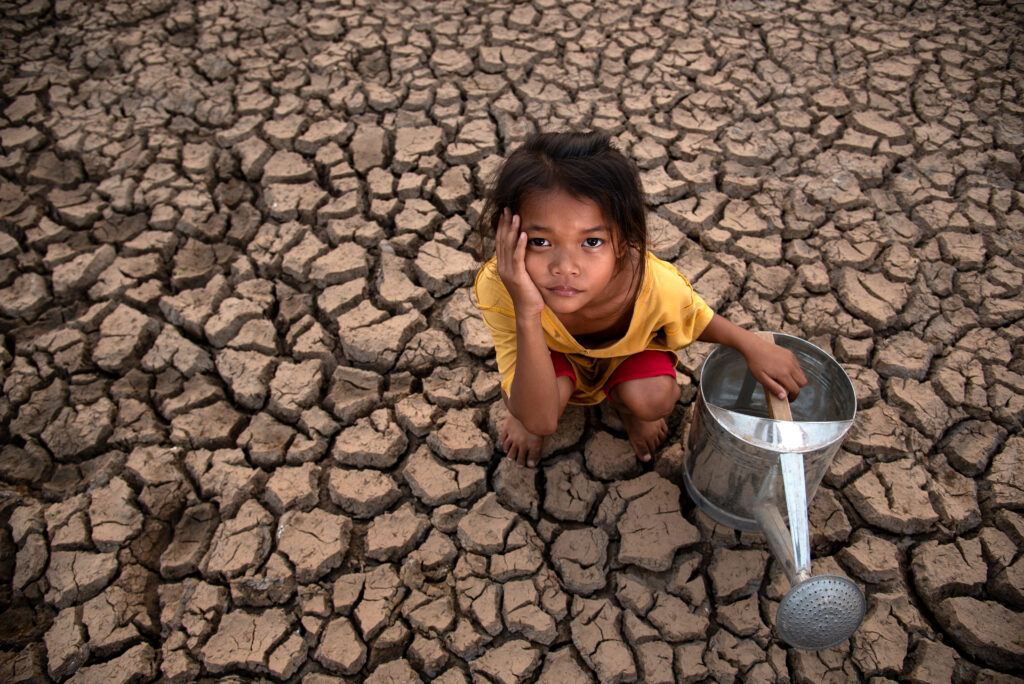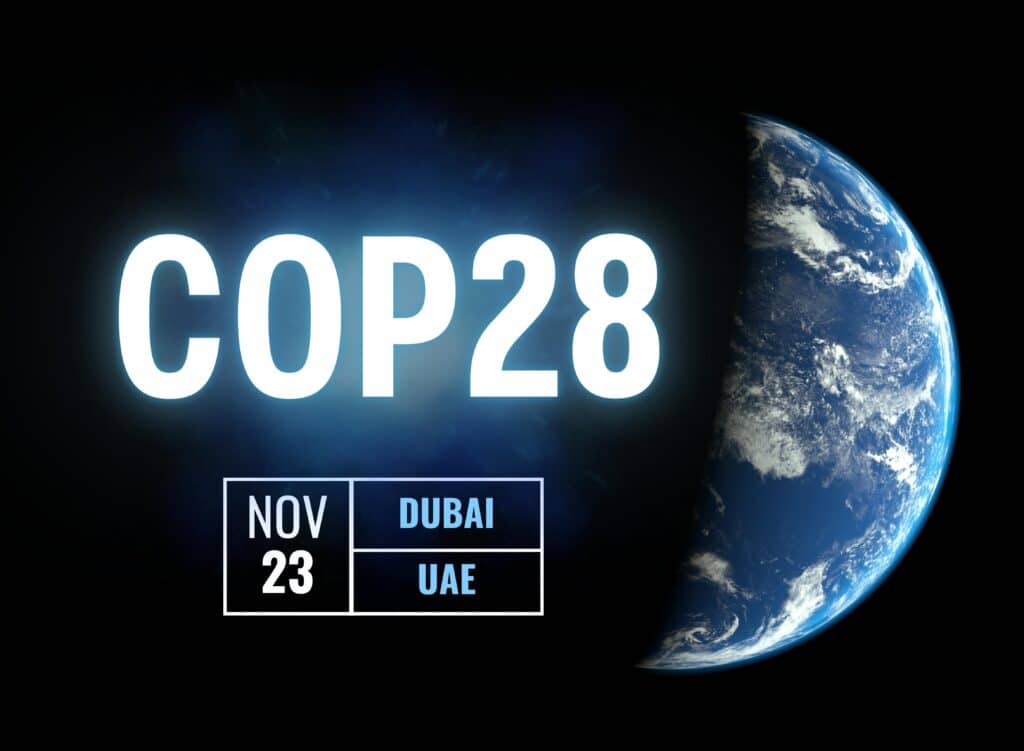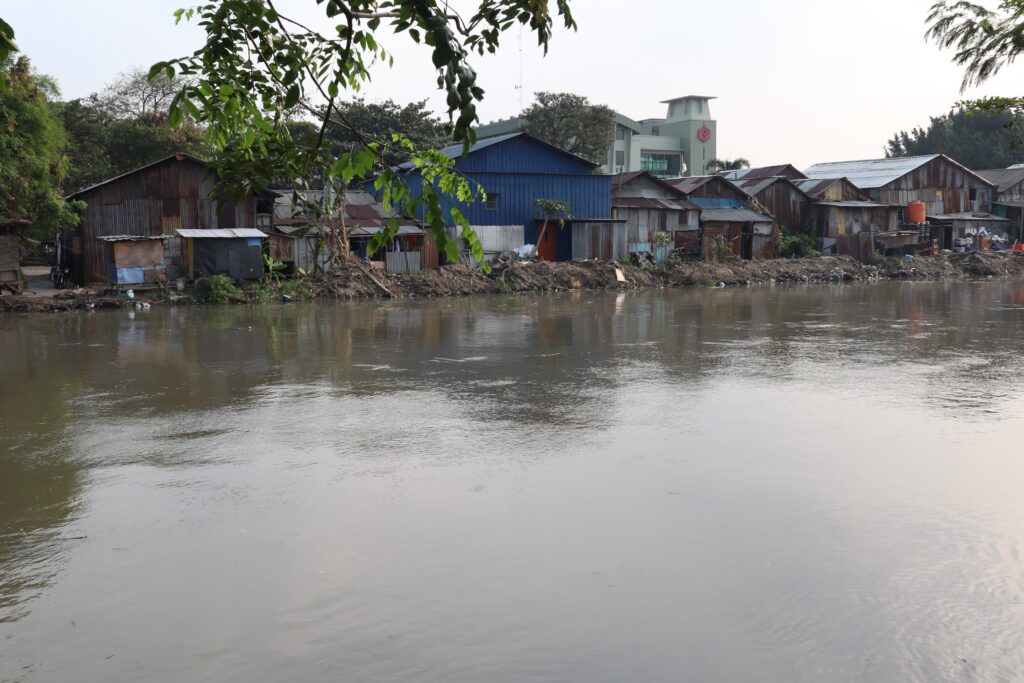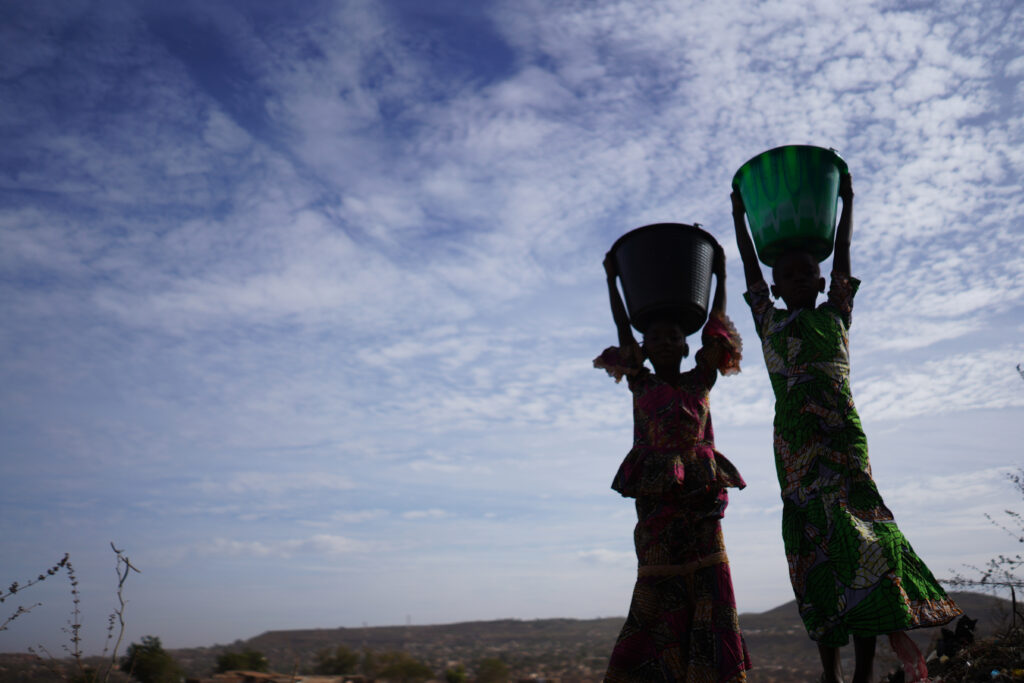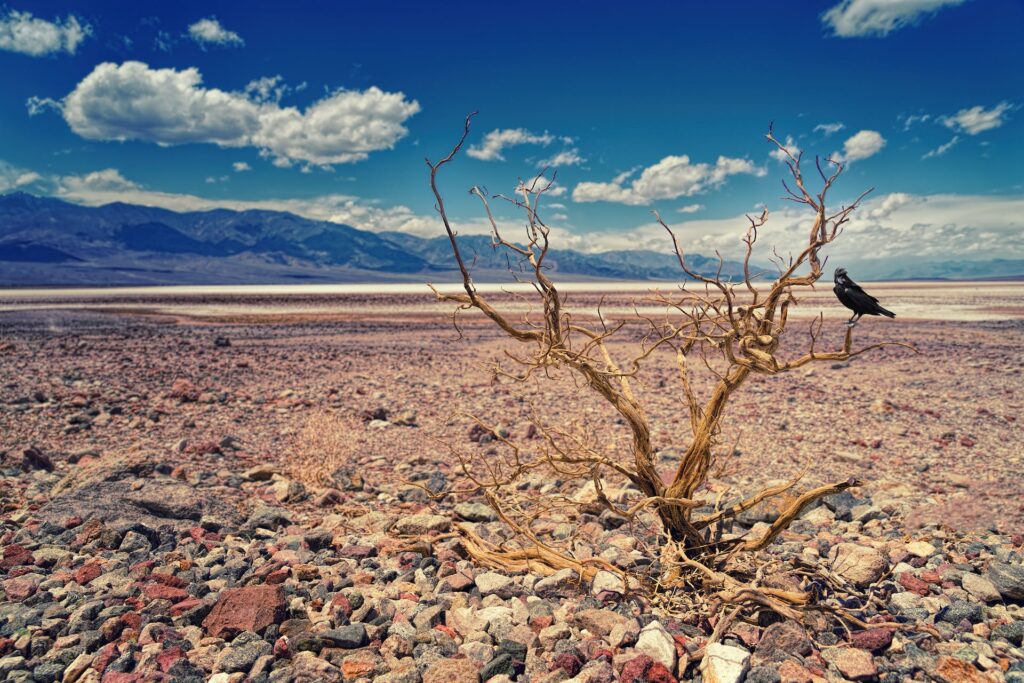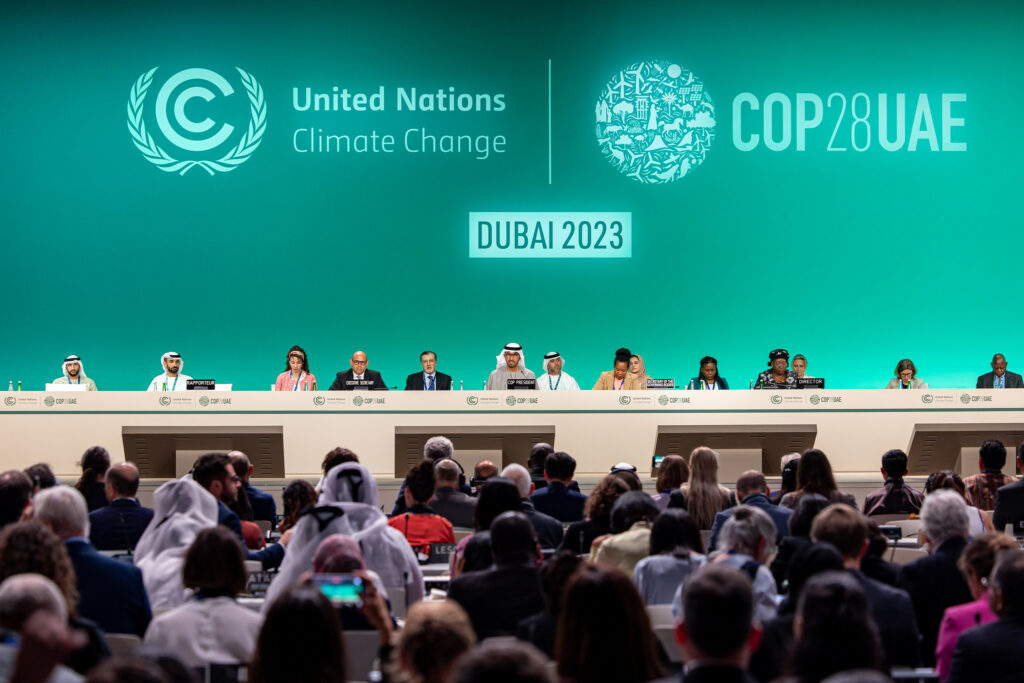In a letter from July 2023, the COP28 Presidency promised for the conference to become “the most inclusive ever” by working in collaboration with women, Indigenous peoples, local communities, youth, faith-based organisations and communities from small island and developing states and least developed countries.
“One thing is certain: we cannot and will not leave those with less power and marginalised groups out of the picture. Solutions to the climate crisis are meant to be inclusive,” said the UN Climate Change Executive Secretary Simon Stiell in an address during the first high-level ministerial roundtable on just transition.
While youth, women, Indigenous leaders and religious groups were all present in record numbers to voice their opinions. Much of the action took place off-stage, with protesters gathering outside demanding more change from leaders.
COP28 UAE: The Promises of Inclusive Energy Systems
“While we build the energy system of tomorrow, we cannot ignore the needs of people today,” said COP28 Director-General Ambassador Al Suwaidi during his opening of proceedings. In many aspects, the parties succeeded.
Assistance For Communities Affected by Water and Food Scarcity
The COP28 Food, Agriculture and Water Day invited various non-government stakeholders. Farmers, fishers and communities working on the front lines were welcome to share their perspectives and know-how. In the end, there were some major climate action announcements for water and food security and decarbonisation.
On Food
Leaders pledged over USD 7.1 billion for climate-positive action in the food sector.
The COP28 Presidency, alongside other parties, announced a three-year support package to assist countries in unlocking financial support for farmers, small agricultural businesses, food producers and local communities. The Agrifood Sharm-El Sheikh Support Program aims to facilitate dialogue and knowledge-sharing among global and regional policymakers. Through the initiative, leaders will transform agricultural food systems to “end hunger for all,” with a focus on countries in the Global South.
The Agriculture Innovation Mission for Climate, launched by the UAE and the US at COP26, announced an increased USD 3.4 billion in aggregated funding for climate-smart food systems and agriculture.
Furthermore, a group of philanthropic organisations pledged USD 389 million to support food producers and consumers.
Over USD 250 million will be channelled in the next five years through the World Bank’s Food Systems 2030 Trust Fund under the Technical Cooperation Collaborative. The initiative aims to protect integral food systems and agriculture from climate change.
On Water
The COP28 UAE Presidency and ministers from more than 25 countries convened the first-ever COP ministerial dialogue on building water-resilient food systems. A two-year partnership was also launched under the UNFCCC to assist countries with integrating water and food into their Nationally Determined Contributions (NDCs), targeting COP30 as a goal.
Water Equity raised USD 100 million as part of its Water and Climate-resilient Infrastructure Investment Strategy. The funding aims to support investments in climate-resilient water infrastructure. The goal is to enhance the coping capacity of the most vulnerable communities in emerging markets in South and Southeast Asia, sub-Saharan Africa and Latin America.
Furthermore, EU nations led the establishment of the Urban Water Catalyst Initiative. It focuses on accelerating urban water utility turnarounds worldwide and mobilising finance for performance improvement, climate-resilient infrastructure investment and improving access to underserved population groups. The initiative raised USD 42 million.
The Freshwater Challenge, an initiative committing to protecting and restoring 30% of the Earth’s degraded freshwater ecosystems by 2030, welcomed over 30 new member countries. The developments build upon the World Climate Action Summit at the start of COP28, where the UAE pledged USD 150 million towards addressing water scarcity. Furthermore, eight multilateral development banks (MDBs) announced that they would double the number of people benefitting annually from their technical and financial support on water within three years.
WWF Freshwater Lead Stuart Orr said that the COP28 Presidency has “ensured that water is higher up the agenda than ever before”.
Promise to Put Cultural Heritage, Arts and Creative Sectors at the Heart of Climate Action
The UAE and Brazil jointly announced the launch of the Group of Friends of Culture-based Climate Action at the UNFCCC. The initiative aims to build political momentum towards recognising culture as a leading force for more effective climate action policies.
The goals are to highlight climate change’s threats to heritage, cultural sites and Indigenous knowledge systems and to accelerate policies that will counteract it.
Launch of the ‘Just Transition Finance: Pathways for Banking and Insurance’
UNEP’s Finance Initiative (UNEPFI) and the International Labor Organisation (ILO) released the first roadmap for promoting a just energy transition. Its goal is to ensure that UNEPFI members and the broader financial industry prioritise a climate transition that leaves no one behind when conducting their operations.
Focused primarily on the social impacts, risks and opportunities arising from climate change, the recommendations can be applied to various aspects, including addressing other environmental challenges – such as biodiversity loss and pollution.
Calls For a Bigger Role for Indigenous Peoples by the Time of COP30
The leaders acknowledged the pivotal role Indigenous communities play in ecosystem conservation. While representing just 5% of the global population, they protect 80% of the world’s remaining biodiversity. Leaders expressed the ambition to work to preserve Indigenous peoples’ land and the ecosystems they rely on and agreed to involve them in future dialogues regarding climate change and nature preservation.
As a result, capitalising on Indigenous knowledge will be a key focus of the UAE-Brazil COP28-to-COP30 partnership.
Financial Support For Vulnerable Countries
According to Ambassador Al Suwaidi, extreme weather events “affect three times as many people annually compared to other countries.” However, these areas receive up to 80 times less climate finance than non-fragile states, he added.
Meanwhile, over 70 governments and 39 organisations signed the Declaration on Climate, Relief, Recovery and Peace, focusing on climate finance for highly vulnerable and fragile regions – as well as communities within conflict-affected zones. The goal is to help them better address the climate crisis and its impact.
COP28 also hosted the first-ever Climate and Health Ministerial. The meeting aimed to mobilise global health ministers and build support for a broad action agenda on climate and health. Over 120 countries gathered USD 1 billion in climate health financing.
Over 70 governments, financing organisations and MDBs joined forces to expand the Climate-resilient Debt Clauses (CRDCs) in their lending activities by 2025.
The CRDCs intend to support countries to deal with climate shocks more comfortably. Alternatively, when a climate disaster strikes, a country can request that its debt be paused. This will ensure more breathing space to deal with the consequences.
Giving Stage to the Youth
COP28 welcomed the first-ever Youth Stocktake during the flagship Youth, Children, Skills and Education Day. The COP Presidency launched a series of events designed to facilitate a dialogue between young delegates and policymakers.
A total of 38 countries signed the UNESCO Greening Education Partnership Declaration. The program commits to incorporating climate education into NDCs and National Adaptation Plans.
Furthermore, the host also urged for improved global climate education so that future generations can capitalise on the Just Transition opportunity. The UAE announced a new USD 220 million funding package to help Africa drive better health outcomes for youth.
Gender Equality
Women’s economic empowerment and ensuring a gender-responsive just energy transition were at the heart of Gender Equality Day.
Over 60 countries signed a Gender-responsive Just Transitions and Climate Action Partnership. The package of actions on data, finance and equal opportunities is up for implementation before COP31.
The initiative aims to respond to the ILO’s warning that over 1.2 billion jobs are at risk due to global warming and ecosystem degradation. Moreover, women are found to be the most severely impacted. UN Women estimates that, by 2050, climate change could push up to 158 million more women and girls into poverty.
UN Women Executive Director Sirma Bahous said, “We must ensure that women have a seat at the decision-making table.” Bahous added, “We must strengthen inclusive decision-making so that the voices of feminists, youth, Indigenous and other grassroots movements can be heard loud and clear from the local to the global level.”
Bringing Faith Organisations to the Table
COP28 summit hosted the first-ever Faith Pavilion at a climate conference, uniting global faith leaders, politicians, scientists, youth and Indigenous representatives. Together, they discussed the role of faith communities and religious institutions in addressing the climate crisis. Collectively, they urged for more ambitious climate action and increased collaboration in environmental protection.
Over 84% of the global population identifies with a religion. In that sense, a call from faith leaders can accelerate progress in tackling the most pressing climate issues.
Despite the Progress on Inclusivity at COP28 2023, Questions Still Remain
COP28 2023 at Expo City, Dubai, proved a breath of fresh air regarding inclusivity. However, the issue of fossil fuel emissions and toxic fumes still plagued the conference.
From the COP28’s President previously disregarding the science behind the fossil fuel phaseout and claiming that it would take the world “back into caves” to Saudi Arabia’s reported plans for dragging out oil phaseout progress and saying that it wouldn’t back any fossil fuel phaseout language in the final text, the conference cemented the prominent role of the fossil fuel industry in climate talks.
COP28 welcomed over four times more fossil fuel lobbyists than the record number at COP27. They outnumbered Indigenous leaders, who this year’s presidency dubbed the priority voices from COP28 to COP30. Over 160 fossil fuel lobbyists with a track record in climate denialism were present at the climate talks.
Spanish environment minister and co-leader of the EU delegation, Teresa Ribera, urged fossil fuel companies to voluntarily help the most vulnerable with a part of their profits. Furthermore, she insisted that major fossil fuel-emitting countries do more to help poor nations adapt to extreme weather impacts.
Representatives of small island states stated they wouldn’t stop demanding a fossil fuel phaseout solution. For Indigenous people and vulnerable communities, COP28’s outcome can be the difference between survival and extinction.
“We didn’t come here to sign our death sentence,” said John Silk, minister of natural resources and commerce for the Marshall Islands, one of the most vulnerable countries to climate change and one that COP28 leaders vowed to protect, after seeing the conference’s draft text. The language would doom “millions if not billions of the most vulnerable people and communities” around the world, he warned.
However, as COP28 Dubai is about to wrap up, leaders still have time to make the right choices. Communities all around the world will wait with bated breath for the results, which have the opportunity to push the world in the right direction.
Viktor Tachev
Writer, Bulgaria
Viktor is a writer that specialises in green finance and ESG investment practices. He holds a Master's degree in financial markets and has over a decade of experience working with companies in the finance industry, along with international organisations and NGOs. Viktor is a regular contributor to several publications and comments on the likes of sustainability and renewable energy.
Viktor is a writer that specialises in green finance and ESG investment practices. He holds a Master's degree in financial markets and has over a decade of experience working with companies in the finance industry, along with international organisations and NGOs. Viktor is a regular contributor to several publications and comments on the likes of sustainability and renewable energy.


